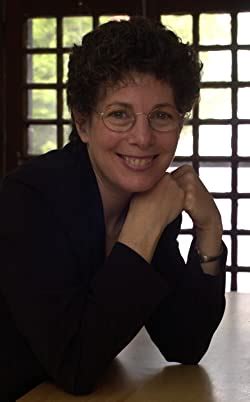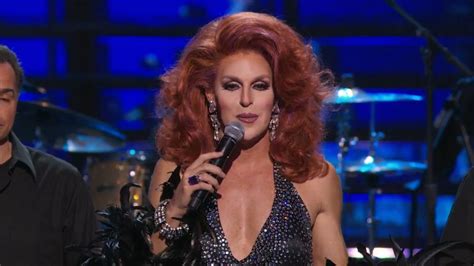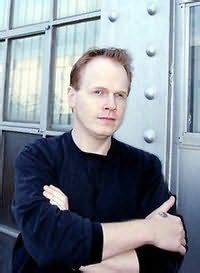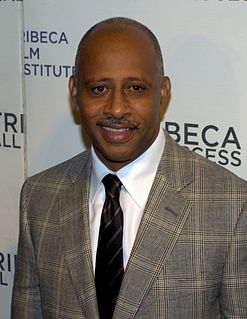A Quote by Steven Knight
To get a game show into production is as challenging and as intellectually demanding as it is to write a novel or screenplay.
Quote Topics
Related Quotes
When I started writing short stories, I thought I was writing a novel. I had like 60 or 70 pages. And what I realized was that I don't write inner monologue. I don't want to talk about what somebody is thinking or feeling. I wanted to try to show it in an interesting way. And so what I realized was that I was really writing a screenplay.






































